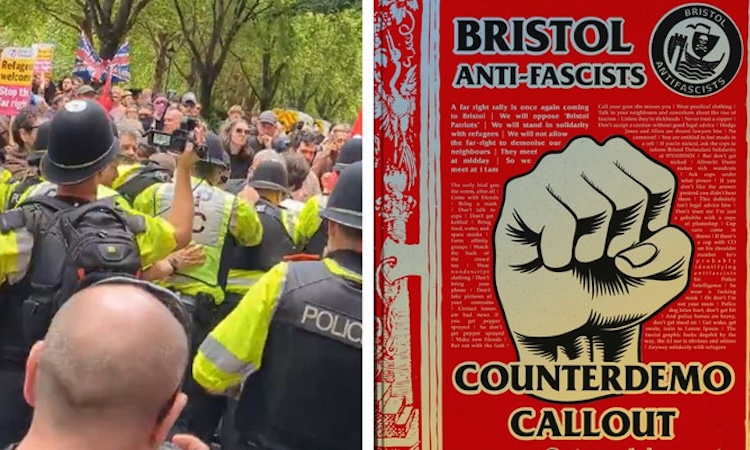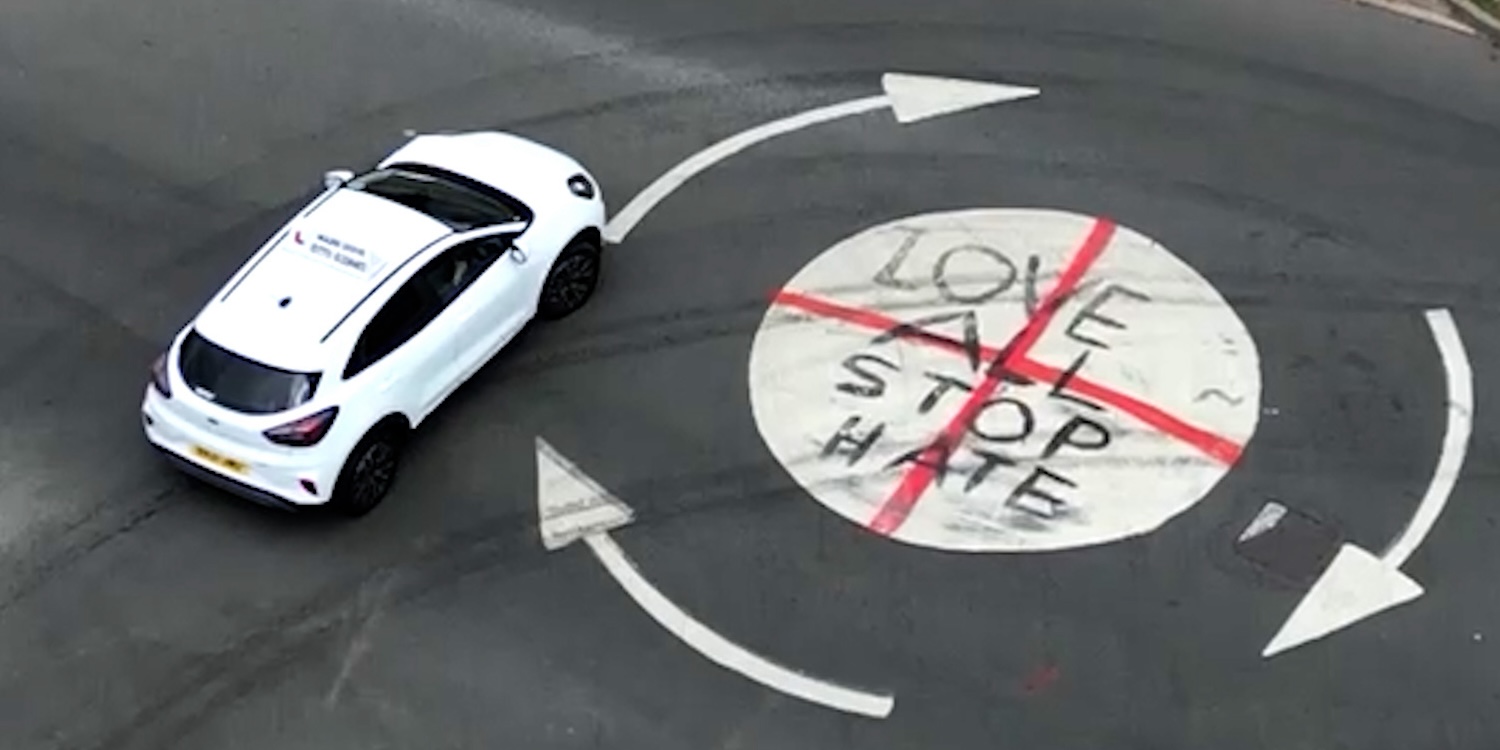In the village of Coolock, on the outskirts of Dublin in the Republic of Ireland, there recently took place full-blown riots – not over the subjects that are springing up again in the country such as low pay, lack of affordable housing, low healthcare and educational standards … No, the outrage this time was over plans to house a small number of asylum seekers in a disused paint factory.
The background to these events lies partly in the now-abandoned British scheme to fly asylum seekers to Rwanda, since some of the refugees who had managed to get to Britain slipped into Eire via northern Ireland to try and escape this inhuman plan. While the numbers choosing to do this were relatively low, the bourgeois media – especially the British media – have painted a picture of thousands of illegal migrants pouring into Ireland to escape the British ‘justice’ system.
Like every other European state, Ireland had thrown its weight, and much of the nation’s money, behind the fascist Ukrainian government following the coup of 2014 and the following eight-year campaign of bombing the Russian-speaking areas of the country that resisted the west-backed coup.
When Russian patience finally ran out and the Russian army moved in to protect the hundreds of thousands of Russian-speaking peoples in the east of Ukraine, the Nato powers (read USA and its minions) declared this a “Russian invasion” – entirely ignoring the fact that newly-formed governments in the region had begged for this assistance on behalf of their people, who greeted the ‘invading’ forces as liberators.
All European countries were then instructed to take Ukrainian ‘refugees’ as part of endorsing the imperialist narrative, and Ireland took in about 100,000 of these Ukrainians.
These ‘immigrants’ receive no negative press either in Ireland or here in Britain. Such anti-asylum negativity is saved for people with dark skins and/or islamic religious beliefs – ie, for populations whose scapegoating will justify one or another of the imperialists’ war and plunder narratives.
When the Irish government announced that it would use an empty factory, one whose existence stands as a testament to the unfeasibility of capitalist production in the area, the decision sparked three months of protest, during which local residents camped on the side of the Malahide Road and blocked the entrance to the site.
Such is the mixed-up pseudo ideology of the people in this working-class area that their ‘camp’ had portraits of the great anti-imperialist Michael Collins next to such pro-imperialist vile slogans as “Close our border” and “Get Pakis out”!
Within capitalist societies racism is not unusual – indeed, it is nurtured by the ruling class within the ranks of the working class in order to divide us and maintain the rule of the financial oligarchy. Every worker is the competitor of every other worker for jobs, homes, healthcare etc, and workers are encouraged to take this reality as a starting point not for a struggle against the system but for a struggle against other workers.
The prevalence of such a mentality among sections, although by no means all, of workers will only end with the establishment of a socialist planned economy in which competition between workers finally disappears. In the meantime, we have to recognise the harm it does to our ability to organise ourselves against the depredations of capitalist society and in our struggle for socialism. If we don’t root out the racist provocateurs who drum up pogroms by inciting workers against one another, we will be helpless to defend ourselves and even more unable to make the real changes in society that we need.
And the ruling class knows this very well. Indeed, this divide-and-rule strategy is at the heart of its continued domination of society. In recent council elections in the area in question, three councillors were elected on an anti-immigrant ticket. None of the three live in the area but all three were present and played a leading role during the riots.
Sinn Féin’s pro-EU leaders have tried to keep their heads down during the ‘debate’ about immigration, attempting to sit on both sides of the fence and to ‘see all sides’. But if they really do, as they have long claimed, represent the interests of the Irish working class against imperialism, they must stand clearly on the side of all workers against the bigots and bosses, exposing rather than glossing over the class interests that promote such divisive rhetoric and activity.
Without a clear internationalist standpoint, even communities that have struggled against imperialism can be turned into dupes of the system and against one another.















